The Great Barrier Reef is off the coast of this state.
Queensland
What kind of animal is this?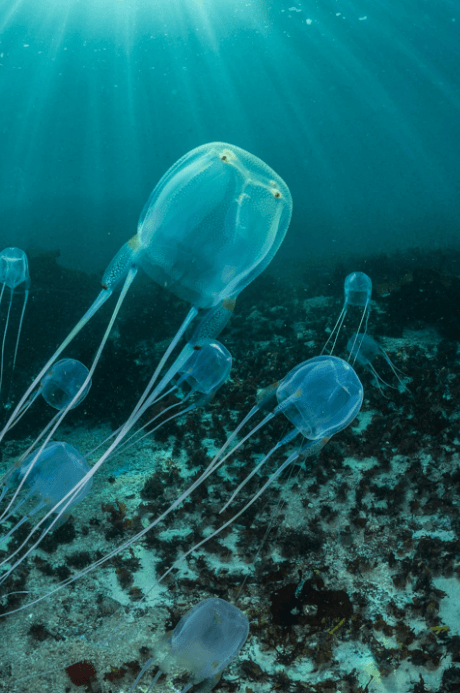
Macroalgae (think sushi)
Cnidaria ("I shall call him squishy" - Dory)
Mollusc (HELP my home is dissolving due to ocean acidification)
Polychaete (*wiggle wiggle*)
Chordate (I have a backbone)
Cnidaria
The event where humans transitioned from creating goods by hand to using machines.
Industrial Revolution
pH measures the concentration of what chemical ion?
Hydrogen
True or false
You can make changes in your life do help reduce ocean acidification.
True
The ocean on the eastern coast of Australia.
Pacific
What kind of animal is this?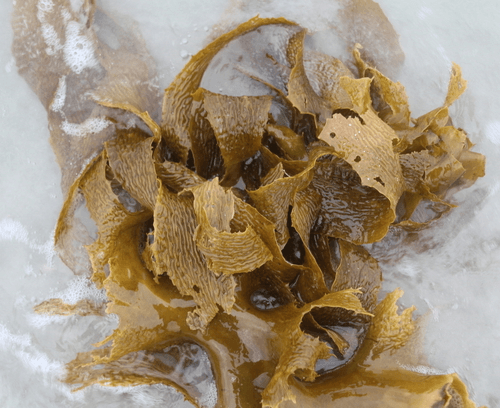
Macroalgae (think sushi)
Cnidaria ("I shall call him squishy" - Dory)
Mollusc (HELP my home is dissolving due to ocean acidification)
Polychaete (*wiggle wiggle*)
Chordate (I have a backbone)
Macroalgae
The primary gas released by burning fossil fuels.
Carbon dioxide (CO2)
The common word for calcium carbonate.
Limestone
Name 3 ways you can help with ocean acidification.
Reduce your carbon footprint by:
- Buying local.
- Reduce meat consumption.
- Avoid wasting.
- Turn off lights and unplug devices not in use.
Contact your government officials asking them to take action on and fund research for renewable energy.
The current that runs along the eastern coast of Australia.
East Australian Current
What kind of animal is this?
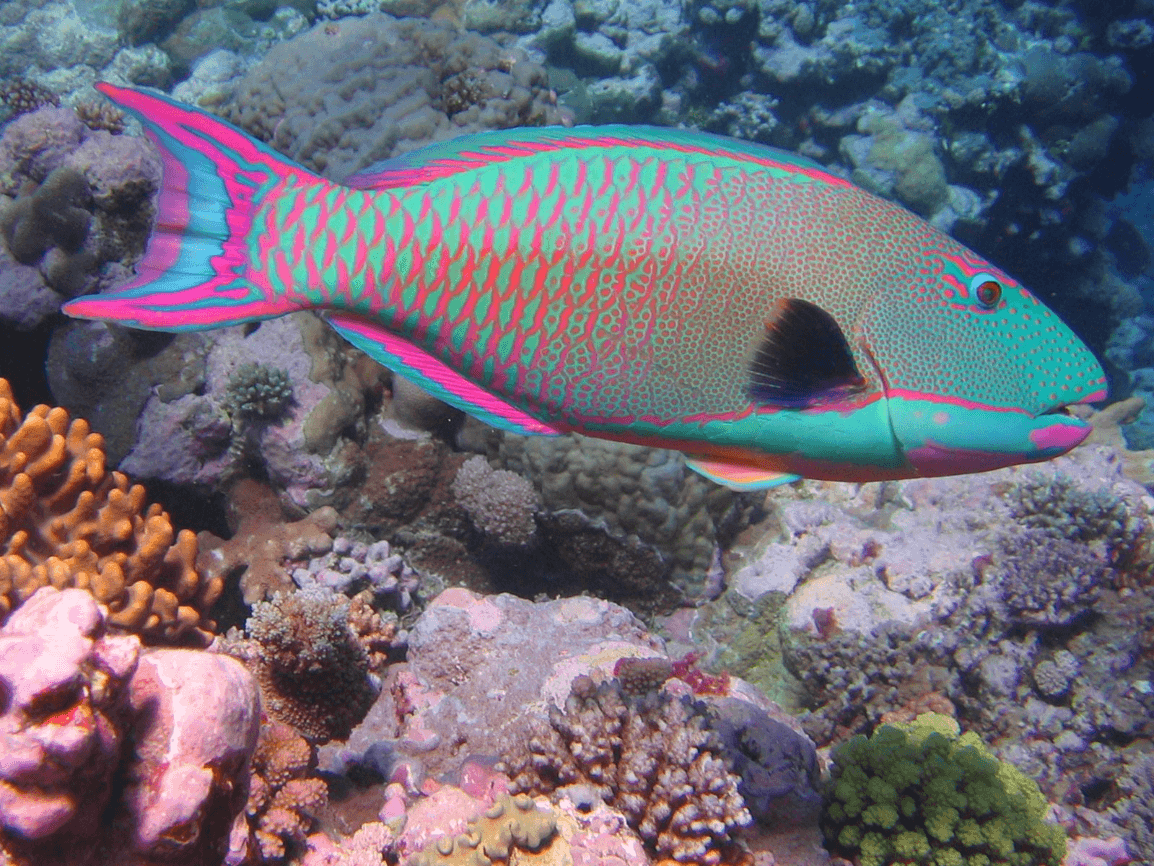
Macroalgae (think sushi)
Cnidaria ("I shall call him squishy" - Dory)
Mollusc (HELP my home is dissolving due to ocean acidification)
Polychaete (*wiggle wiggle*)
Chordate (I have a backbone)
Chordate
The ocean acts as a ..... sink.
Carbon
This happens to calcium carbonate in the presence of acids.
Dissolves
How will ocean acidification affect you?
Bye-bye holiday destinations (no nice snorkelling locations, more erosion)
Affect the food available to us.
Reduced jobs.
Oceanic water layer in which water temperature decreases rapidly with increasing depth.
Thermocline
What kind of animal is this?
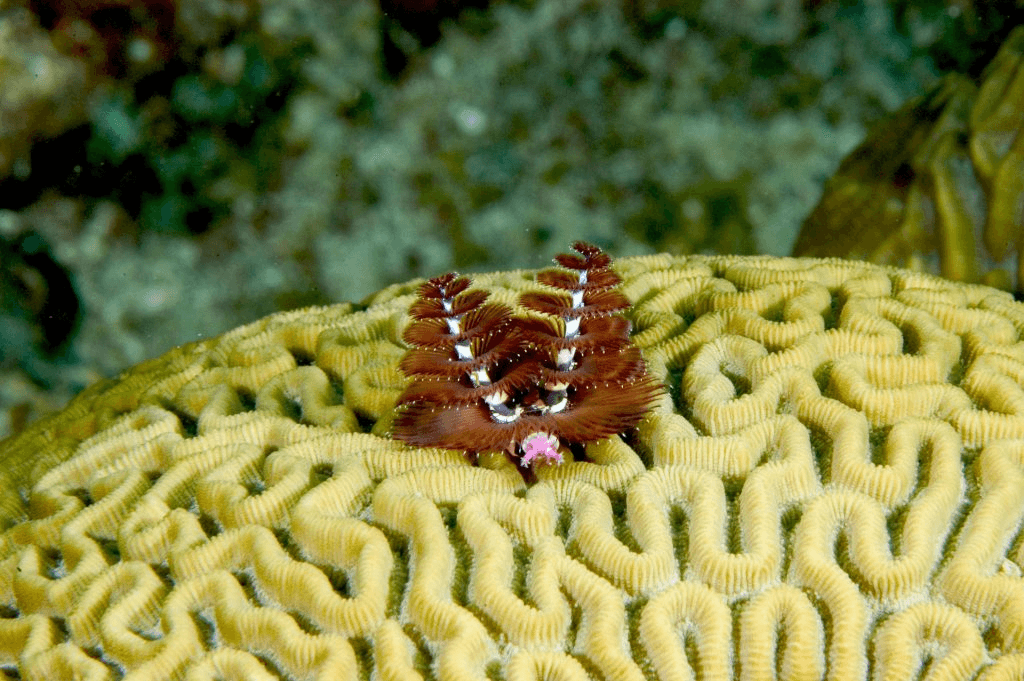
Macroalgae (think sushi)
Cnidaria ("I shall call him squishy" - Dory)
Mollusc (HELP my home is dissolving due to ocean acidification)
Polychaete (*wiggle wiggle*)
Chordate (I have a backbone)
Polychaete
True or False
Fossils from prehistoric organisms can show change in ocean pH levels over long periods of time.
True
When CO2 is absorded by the ocean, it turns into …., and reduces the pH of the water.
Carbonic acid (H2CO3)
True or false
Ocean acidification benefits some animals.
True!
Growth rate of some sea stars increases.
Fissure on the sea floor which heated water discharges.
Hydrothermal vents
What kind of animal is this?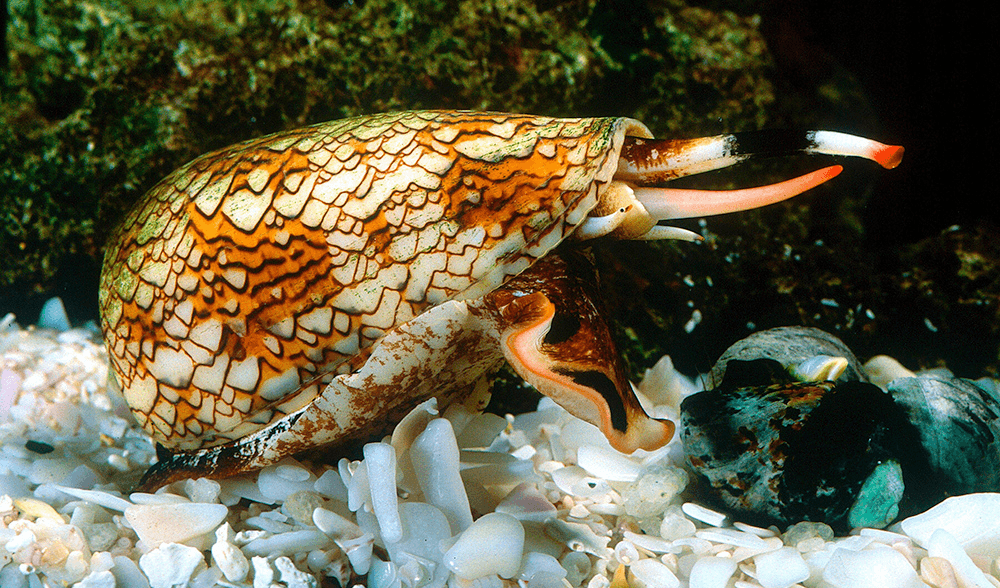
Macroalgae (think sushi)
Cnidaria ("I shall call him squishy" - Dory)
Mollusc (HELP my home is dissolving due to ocean acidification)
Polychaete (*wiggle wiggle*)
Chordate (I have a backbone)
Mollusc
What two groups of organisms are most effected by ocean acidification? Why?
Cnidaria - corals - their skeletons are made of calcium carbonate which will dissolve and/or be hard to grow in acidic environments.
Molluscs - oysters/snail - their shells are made of calcium carbonate which will dissolve and/or be hard to grow in acidic environments.
A reduction in pH in the ocean over an extended period of time is known as….?
Ocean Acidification
Why do you think it is important to learn about ocean acidification?
Any answer is good!